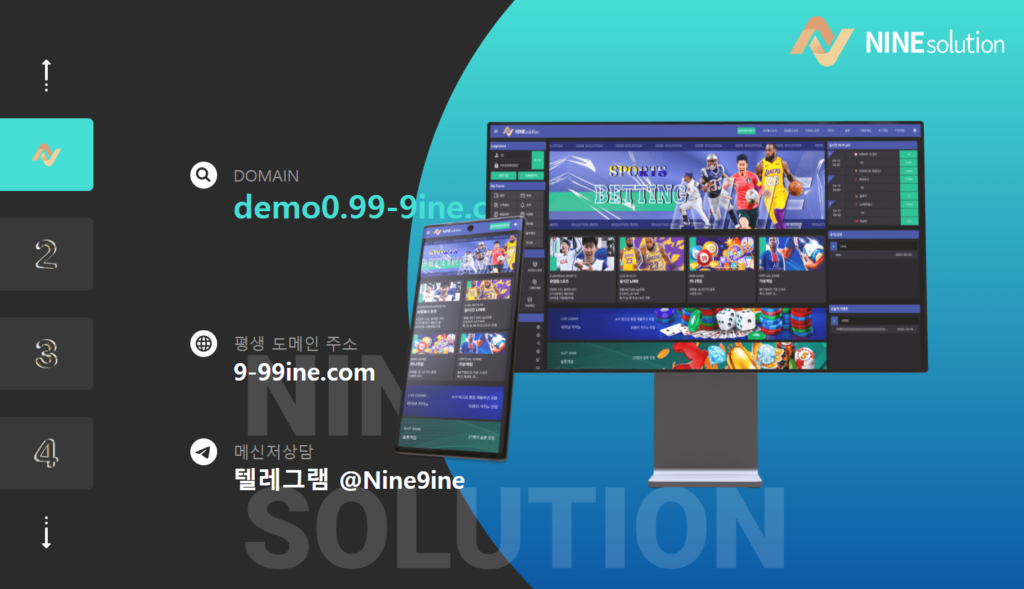Online gaming has transformed from a niche Hello88 activity to a global phenomenon, engaging millions of players across the world. The development of technology, high-speed internet access, and the rise of mobile gaming have contributed to its meteoric growth. Today, online gaming is not only about playing video games but has evolved into a multifaceted community experience, offering everything from competitive eSports tournaments to casual multiplayer games. This article explores the appeal, impact, and future of online gaming.
The Rise of Online Gaming
The history of online gaming dates back to the early 1990s, with simple text-based games and primitive multiplayer experiences. However, with the introduction of broadband internet in the 2000s, the gaming industry saw a significant shift. Games like World of Warcraft and Counter-Strike revolutionized the way people interacted with games, allowing players to connect, communicate, and compete in virtual worlds.
Fast forward to today, and online gaming has expanded to multiple platforms, including PCs, consoles, and mobile devices. With the development of multiplayer games, battle royale formats, and MMORPGs (Massively Multiplayer Online Role-Playing Games), the scope of online gaming has become limitless. Titles like Fortnite, League of Legends, and PUBG continue to dominate the gaming world, offering new experiences and fresh challenges every season.
The Appeal of Online Gaming
One of the main reasons online gaming has gained such massive popularity is the sense of community it fosters. Unlike traditional single-player games, online gaming brings people together to form teams, guilds, and even global networks of friends. For many, gaming is a social experience, offering opportunities to connect with others, build friendships, and share experiences. Multiplayer games allow players to team up with friends or strangers, creating a dynamic and engaging atmosphere.
Furthermore, online gaming provides a competitive outlet for players who enjoy testing their skills against others. Games like Fortnite and Call of Duty feature competitive modes that attract players looking for an adrenaline rush, while eSports leagues and tournaments offer a professional level of play. The competitive nature of online gaming has made it a career option for some, with pro gamers earning substantial incomes through sponsorships, tournaments, and live streaming.
The Impact on Society
Online gaming’s influence extends beyond entertainment. It has reshaped industries, economies, and even social structures. The gaming industry itself is a multi-billion-dollar business, with major companies like Blizzard, Epic Games, and Riot Games leading the way in terms of revenue and cultural impact.
Furthermore, online gaming has had a positive influence on skills development. Many games require strategic thinking, quick reflexes, and problem-solving, helping players improve cognitive abilities and teamwork skills. Online games also serve as educational tools, with certain titles designed to promote learning in subjects like math, history, and language.
However, it is important to note that online gaming also comes with its challenges. Issues like addiction, cyberbullying, and exposure to inappropriate content are concerns that have led to discussions on the responsibility of game developers and platform providers. Parents and educators must play an active role in managing gaming habits and ensuring that children and young adults engage in a healthy and balanced way.
The Future of Online Gaming
The future of online gaming looks incredibly bright. Virtual reality (VR) and augmented reality (AR) are on the horizon, offering players immersive experiences that go beyond traditional screen-based gaming. VR games allow players to step into virtual worlds and interact with the environment, making the gaming experience more lifelike. As the technology matures, it’s likely that VR gaming will become more mainstream, opening up new possibilities for both players and developers.
Cloud gaming is another trend that is shaping the future of online gaming. Services like Google Stadia and Microsoft’s xCloud allow players to stream games directly to their devices without the need for high-end hardware. This could democratize gaming, making it more accessible to a wider audience and paving the way for a more interconnected gaming world.
Additionally, online gaming will continue to be a driving force in the realm of eSports, with more competitive leagues, tournaments, and sponsorships coming into play. The global audience for eSports is rapidly growing, and major companies are investing heavily in the sector, with the potential for online gaming to become a mainstream form of entertainment, much like traditional sports.
Conclusion
Online gaming is much more than a pastime; it’s a vibrant, ever-evolving community that impacts culture, entertainment, and technology. With the constant advancement of gaming technology and the ever-growing number of players, the future of online gaming promises even more exciting developments. Whether for entertainment, competition, or social connection, online gaming is here to stay and will continue to shape our digital landscape for years to come.











